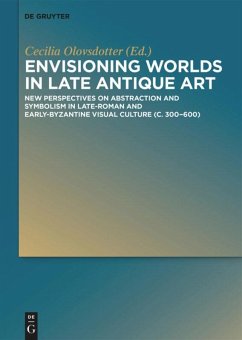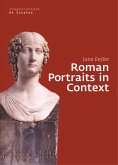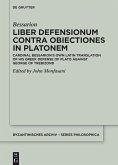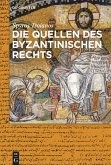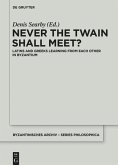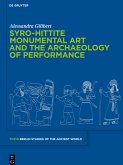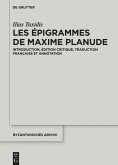It has long been an accepted assumption that the abstracted mode of visual representation that emerged in late antiquity reflected a collective shift from the outer-directed and 'material' world-view of classical antiquity to an inner-directed, 'spiritual' mentality informed by Christianity: the purpose of this volume is to offer a more nuanced and diverse image of the nature and meanings of abstraction and symbolism in late antique and early medieval art, beyond normative intepretation models, and from a number of different methodological and interpretative perspectives. In ten chapters, ten authors specialised in various fields of late-antique and Byzantine art explore the historiographical background of the 'spiritual' interpretation paradigm, neuroscientific and theological dimensions of Christian visual aesthetics, meanings and motive factors behind apparently wholly abstract and aniconic compositions, symbolic motifs and schemes for visualising cosmic order and the cosmic state of Christ, and the re-use of symbolic Greco-Roman themes in Christian contexts. The result is a multi-focal image of late antique abstraction and symbolism that illuminates the heterogeneity and complexity of the phenomena and of their study.
Bitte wählen Sie Ihr Anliegen aus.
Rechnungen
Retourenschein anfordern
Bestellstatus
Storno

